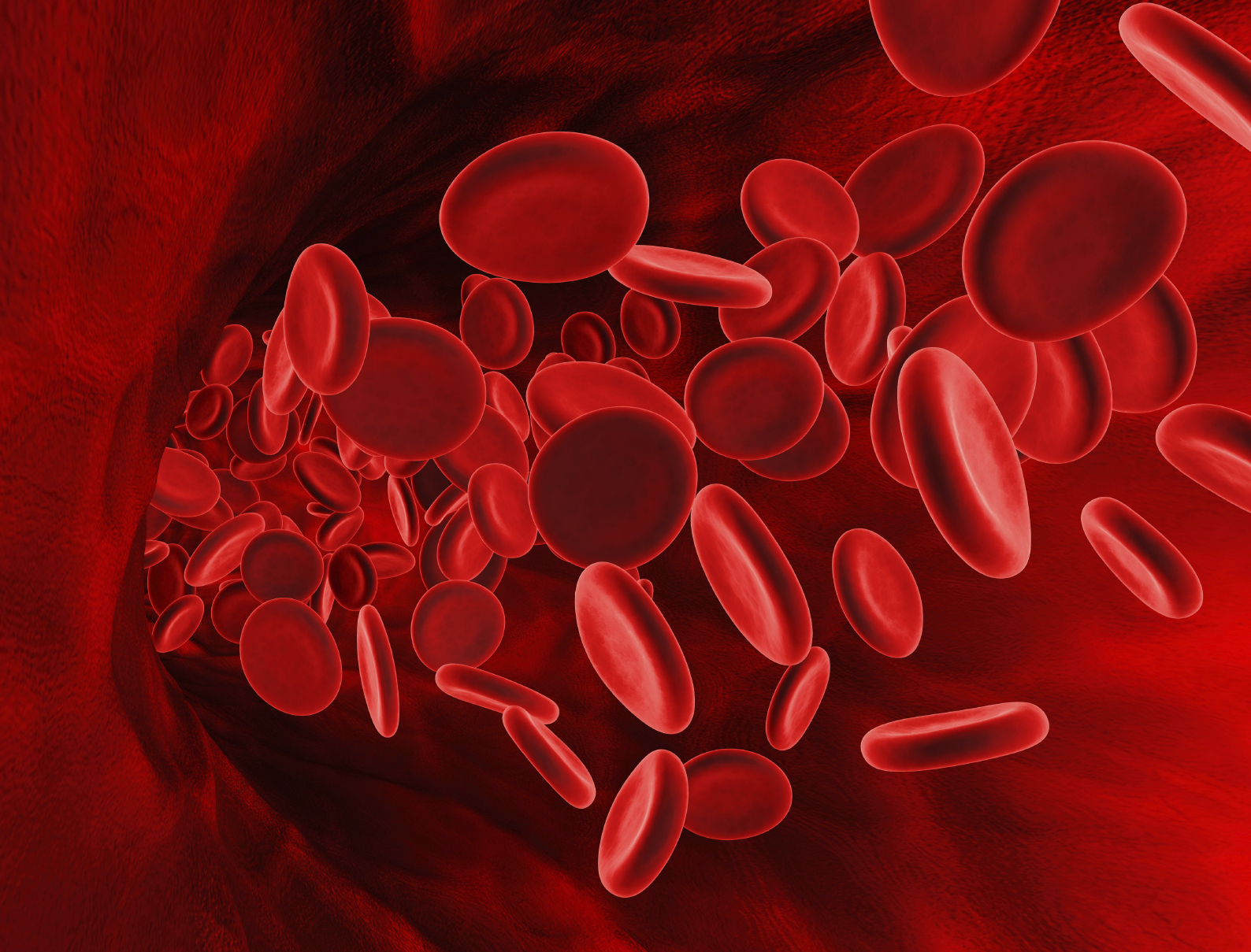 At the International Congress of the International Society of Blood Transfusion, researchers from the Bristol Institute for Transfusion Services presented recent developments in the production of laboratory cultured human red blood cells (RBCs). RBCs derived from adult peripheral CD34+ cells had been previously shown to be viable in the peripheral circulation of a volunteer patient, most of these cells were likely late-stage reticulocytes. Further study of the cultured cells using confocal microscopy was able to better elucidate the mechanisms by which these reticulocytes develop into erythrocytes, a process which has previously been unclear. Results suggest that production of cultured RBCs for therapy may be possible. Further work is needed to address the challenges of manufacturing cultured RBCs in sufficient quantities and at an affordable price, potentially through the use of human induced pluripotent stem cells.
At the International Congress of the International Society of Blood Transfusion, researchers from the Bristol Institute for Transfusion Services presented recent developments in the production of laboratory cultured human red blood cells (RBCs). RBCs derived from adult peripheral CD34+ cells had been previously shown to be viable in the peripheral circulation of a volunteer patient, most of these cells were likely late-stage reticulocytes. Further study of the cultured cells using confocal microscopy was able to better elucidate the mechanisms by which these reticulocytes develop into erythrocytes, a process which has previously been unclear. Results suggest that production of cultured RBCs for therapy may be possible. Further work is needed to address the challenges of manufacturing cultured RBCs in sufficient quantities and at an affordable price, potentially through the use of human induced pluripotent stem cells.
The full abstracts from the International Congress of the International Society of Blood Transfusion are available as a supplement to Vox Sanguinis.
Reference:
Anstee DJ. Production and characterization of cultured human red cells. ISBT Science Series: International Congress of the International Society of Blood Transfusion, 2012:102-3.
